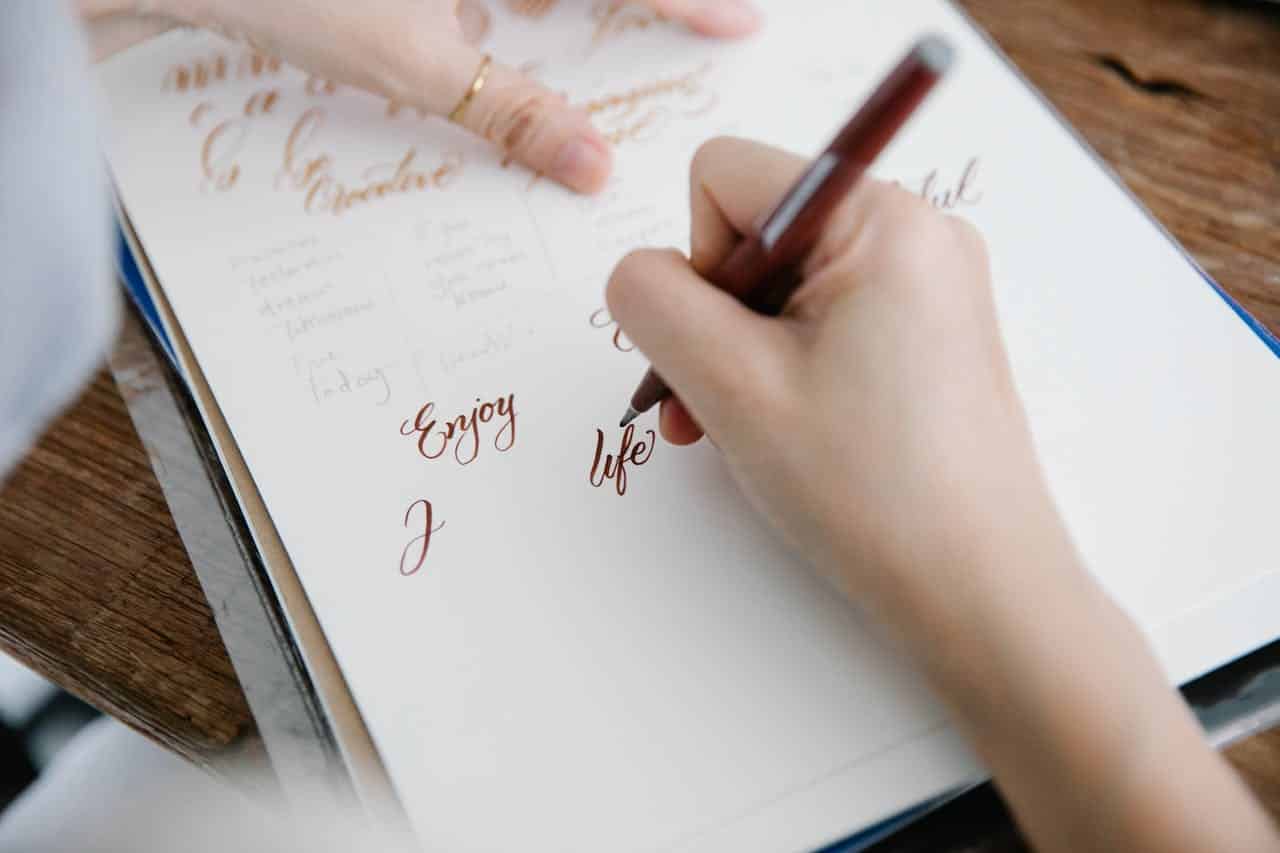Dealing with Change in the New Normal

Humans, in general, are not particularly enthusiastic about unforeseen change and uncertainty. Partly just because we’re lazy. If we’re used to doing things a certain way, it just adds something else to think about which we’d frankly rather not.
But then there’s also the emotional attachment to things we don’t want to let go of. Or the loss of the control we’d built up within our previous “normal”. And of course, the lack of belief that the “new normal” could be as good as the last.
I, for example, am not the only person who wasn’t looking forward to having to stay at home in isolation when the great lockdown of 2020 first entered into our lives. I liked what I had before, it worked for me and I didn’t want to let go of it.
Yet, after a few weeks – as for many others – I began to quite enjoy my new normal. I liked not having to think about my commute, FOMO or wearing trousers. I adapted, as many others did – and just like we always do.
Of course, some may read this and feel they never adapted to the new realities of living in these times. But then there’s the other cold, hard truth we often choose to ignore, when fixated on keeping things as they are; that change will come again at some point – just like it always does.
The constant new normal
Despite how much we tell ourselves that things stay the same, or should stay the same, the reality is that the only constant is change itself. It’s that quote you’ve heard a million times, mostly because it’s so accurate.
No matter how perfectly static our little lives may feel, absolutely nothing is. The earth is constantly spinning on its axis. Our laundry baskets are constantly filling. Our bodies are constantly growing, shrinking, vibrating and working away on a molecular level, in order just to keep us going.
Big changes don’t appear from nowhere. They come in a tipping point from the constant change that is always happening and evolving. Once we become more familiar with that and accept it, then not only can we react differently when a major change comes, but we can maybe even see it coming before it does.
The change process
The good news is that the range of emotions we sometimes feel when going through unexpected change or loss, are so common, there’s even a psychological model for it. Developed in the 1960’s, originally referring to the grieving process, the model is commonly referred to as the “change curve” and has since been adapted to refer to the feelings people go through in the face of any significant, unforeseen change.
The model explains the sequence of emotions we feel, from the shock of receiving whichever news of change, to a range of emotions from denial, anger and sadness, before accepting and adapting to the new normal.
It looks a little something like this:

Of course, in reality, this smoothly defined curve can feel more like this:

But, whether soaring the peaks and valleys or feeling like you just entered a brain blender, you’ll notice that, in the end, the closer we get to accepting, the sooner we’re able to adapt.
You may also notice how this could’ve applied to a previous change or loss in your life, like a relationship or career move. Maybe it could apply to elements of your lockdown – where something you dreaded brought about a rollercoaster of emotions, before you accepted it, adapted, survived and made the most of it – even if you’re still caught up in that process now.
To our credit, we’re very adaptable creatures. It’s in our nature. We wouldn’t exist if that wasn’t the case. The problem comes if we get too caught up in the denial, anger and sadness stage, rather than moving quicker to integrate, adapt and find solutions.
Of course, some things, from a moral perspective, we should fight to keep. The only problem comes when our fight to keep it has come too late. So we should be aware of how much time we spend on resisting something which may be inevitable, when compared to time spent adapting to it.
When we’ve been living under the incorrect assumption that things won’t change, only to one day wake up to find out that they do and suddenly have; or that the world around us has been gradually shifting towards something we’d been neglecting.
Equally, in some instances, the emotions which come with this “grieving process” are simply necessary and we have to go through them. To try and explain to somebody that they should just accept the death of a loved one, for example, will not do anybody any favours.
But in many other circumstances, the denial, sadness and anger we feel are simply getting in the way of us adapting and making the most of whichever situation we now find ourselves in.
Focus on what you control
In a world where everything around us can feel like it’s spiralling out of control, it can be easy to feel out of control ourselves. There’s so much going on, consuming our minds and attention, we can easily end up focusing more on those things, outside of our control, than on those within it, doing nothing but adding to the frustration, anger and sadness.
Focusing on what we control puts us into a position of power to adapt and make the most of whichever situation. Instead of blaming other people for creating a situation, we focus on ourselves and what we can do to improve it. Instead of wishing it wasn’t happening, we accept that it is and focus on what we can control to adapt. Instead of worrying about what might happen, we focus on doing what we can do to make the most of whatever does.
Tomorrow is another day
In a world that was already changing at an unprecedented rate, maybe “settling into the new normal” is less about trying to make things stay a certain way and more about becoming comfortable that change is always happening. Learning to accept, in order to adapt.
But another bi-product of accepting that change is constant, is to know that the outcome of one change can easily lead somewhere completely different.
One of the reasons people fear change is because our brains are hardwired to look for things that’ll cause us harm. So we instinctively look for worst case scenarios and focus our attention on those. Once again, it’s a trait which has worked splendidly for our survival throughout evolution, but possibly less so for our mental health in the 21st century.
As change is always happening, we can never be sure that what seems to be bad – or good – will turn out that way eventually. While it’s important to acknowledge where things can go wrong, we must also be open to other possibilities, in order to move towards them.
None of us can know what tomorrow might bring. But for as long as we open ourselves up to the realm of possibilities and focus on the things within our control, we put ourselves in the best position possible to make the most of it – no matter what’s happening around us.

Rich Goddard is a personal development coach and Editor of the Monday State of Mind newsletter – the weekly briefing of news, tech, tools and tips for maintaining mental wellbeing in the 21st century.
This post is an excerpt from the his latest eBook – an emotional roadmap for maintaining mental wellbeing in lockdown and beyond. Download for free here.


